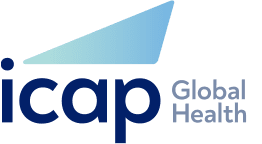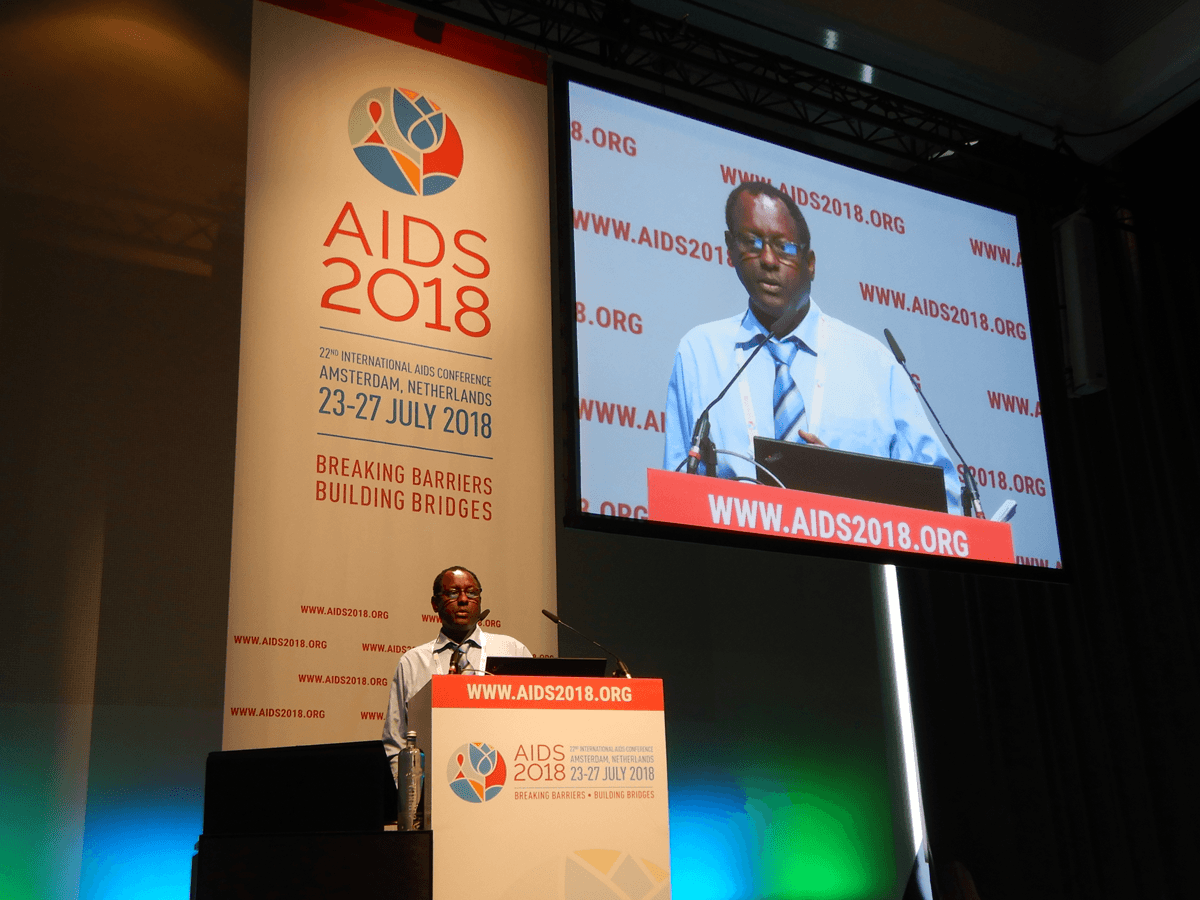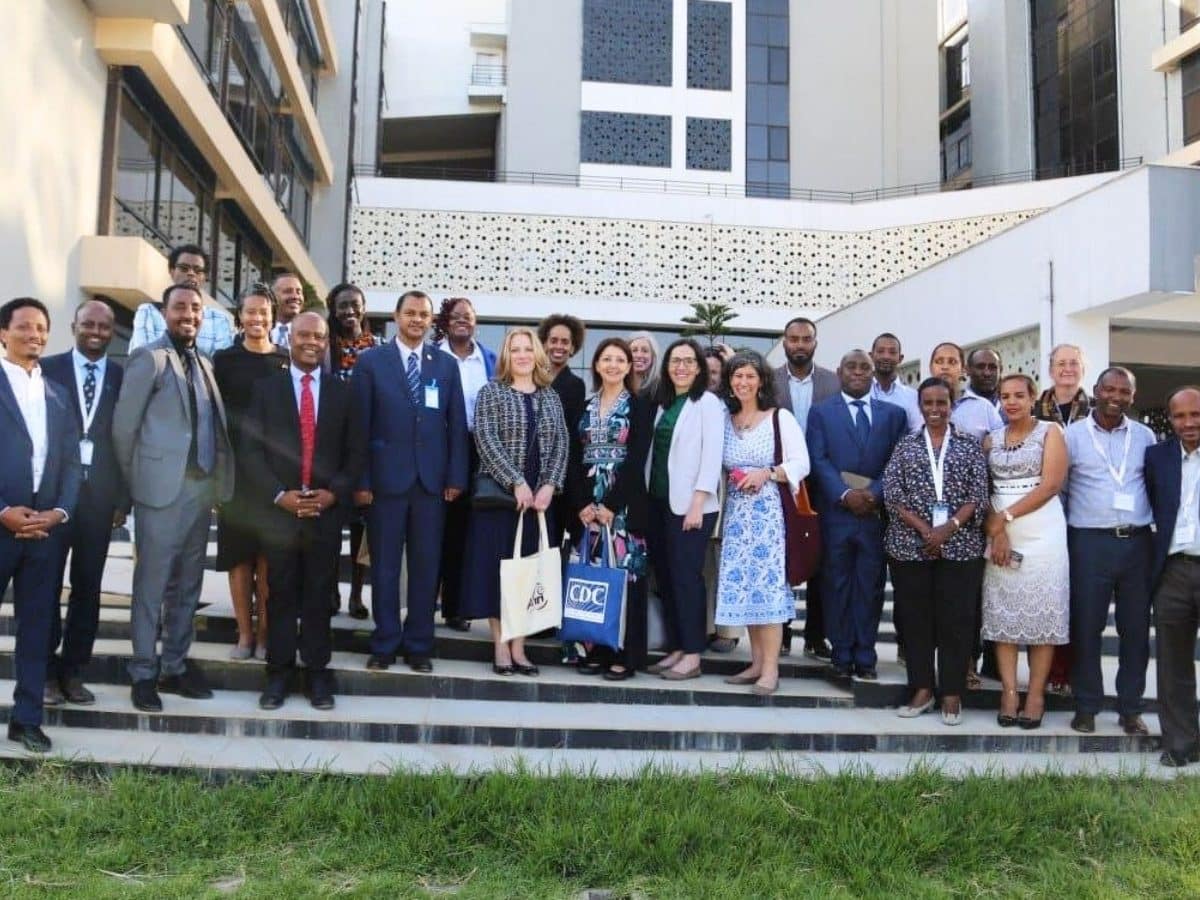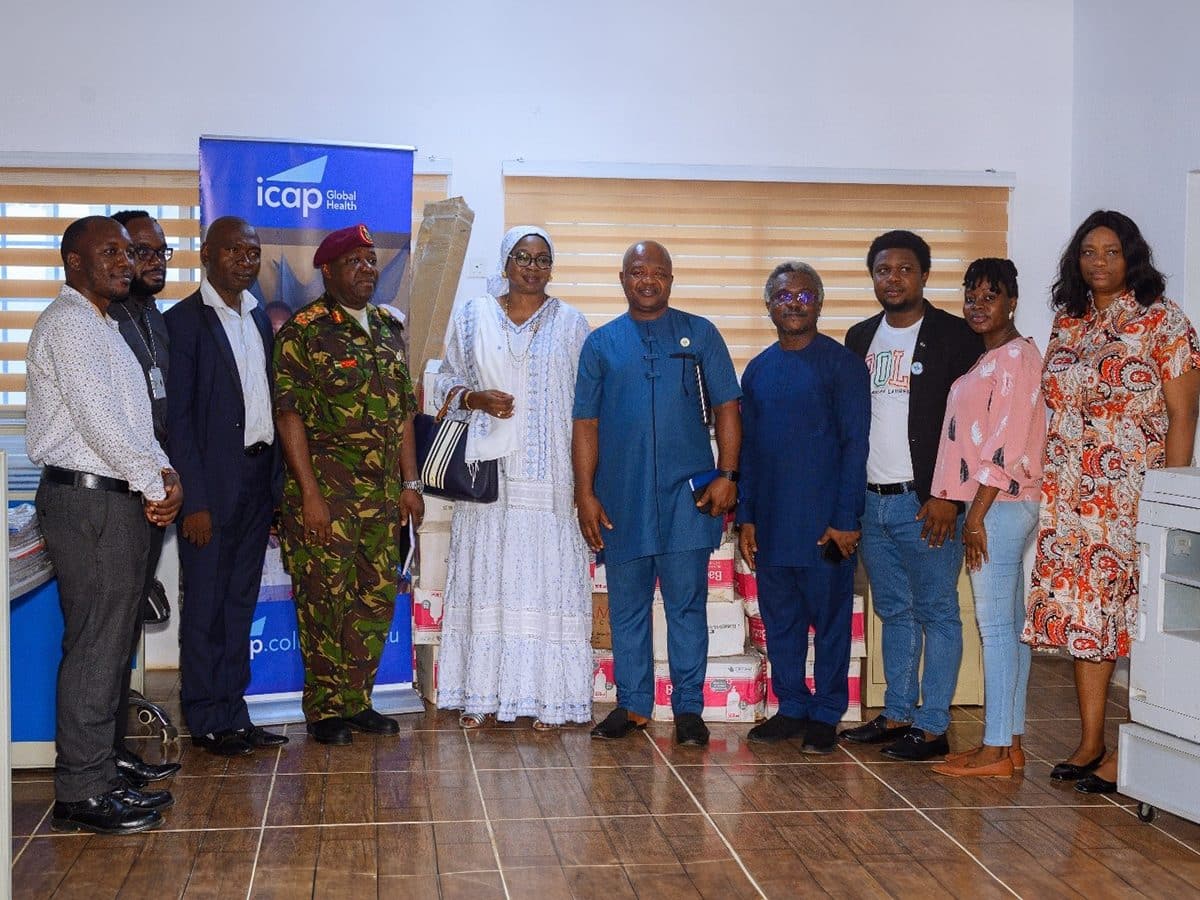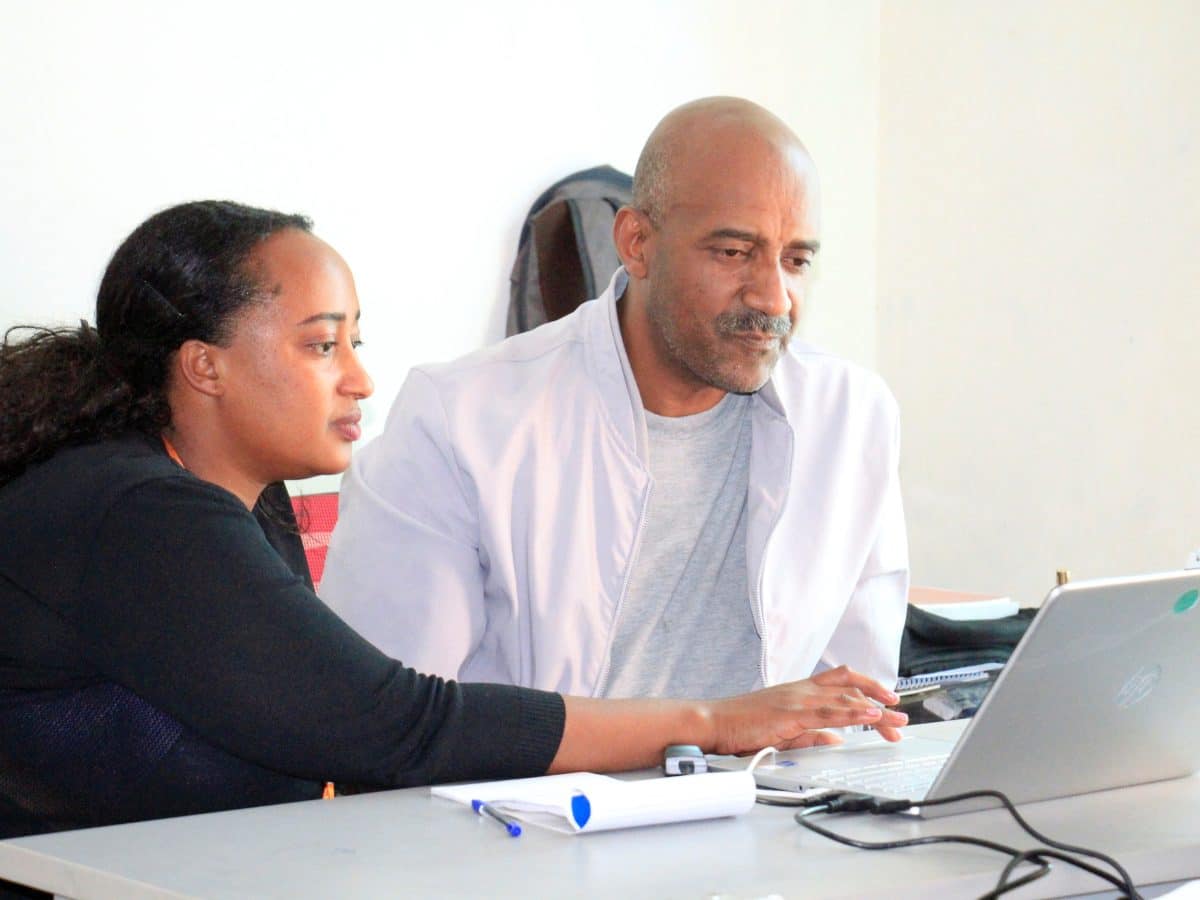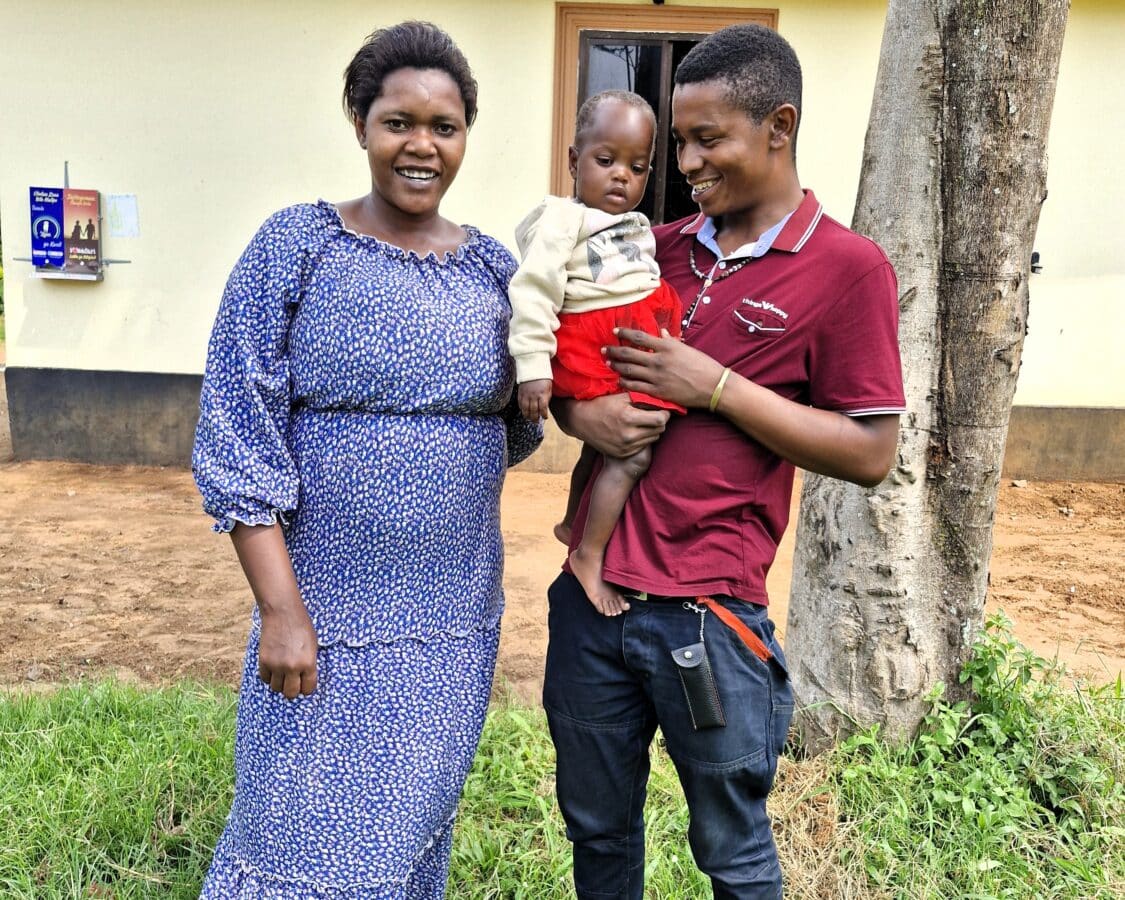With two pre-conferences, four satellite sessions, more than a dozen presentations, and nearly 20 posters, ICAP’s presence at the AIDS 2018 conference in Amsterdam showed the strength of its research and programmatic efforts worldwide.
In addition, the presentation of NAMPHIA results by Namibian Minister of Health Bernard Haufiku highlighted the ICAP-led survey and the dramatic progress Namibia has achieved in controlling its HIV epidemic. According to NAMPHIA, 77 percent of all HIV-positive adults in Namibia have achieved viral load suppression, surpassing the UNAIDS target of 73 percent by 2020, and the country as a whole has reduced its adult HIV incidence rate by 50 percent in the past five years.
ICAP’s pre-conference on “HIV Population-based Surveys: Updates and Insights” further expanded on the preliminary results from Namibia, along with those from Cameroon, Côte d’Ivoire (to be published soon), and South Africa (survey conducted by the Human Sciences Research Council and partners). The recent survey data from Cameroon and Cote d’Ivoire provided new insights into the comparatively understudied West and Central African HIV epidemics, including geographic and demographic patterns of vulnerability.
Other ICAP-organized sessions included:
- “Enhancing Nursing Workforce Capacity to Achieve HIV Epidemic Control and Positive Health Outcomes” in partnership with ANAC, the Association of Nurses in AIDS Care
- “The Last Mile to EMTCT: Are we there yet?” in collaboration with UNAIDS, UNICEF, WHO and the ‘Start Free’ working group
- “Differentiated service delivery 2018: Innovations, best practices, and lessons learned” chaired by ICAP’s Wafaa El-Sadr and Peter Preko with Wame Mosime from the International Treatment Preparedness Coalition in Botswana
- “Healthy aging for people living with HIV: Achieving the 4th 90” featuring ICAP’s Jessica Justman and Tiffany Harris with Judith Currier from the University of California Los Angeles, Maureen Goodenow from the NIH, and Rumbidzai Matewe from the Zimbabwe National Network of People Living with HIV/AIDS
- “Transition and sustainability: Lessons, questions and priorities” chaired by ICAP’s Wafaa El-Sadr with David Barr from the Fremont Center
Anna Deryabina, ICAP’s regional director for Kazakhstan, the Kyrgyz Republic, and Tajikistan, gave a plenary presentation on the theme of “Breaking barriers of inequity in the HIV response” that covered ICAP’s work with people who inject drugs, one of the key populations affected by HIV in Central Asia.
ICAP’s founder and global director, Wafaa El-Sadr, presented at the IAPAC/UNAIDS pre-conference workshop on the 90-90-90 targets and moderated a panel at the Joep Lange Institute pre-conference featuring U.S. Ambassador Deborah Birx, head of UNAIDS Michel Sidibé, Global Fund executive director Peter Sands, and Soumya Swaminathan, deputy director-general of the WHO.
A full listing of ICAP’s presence at AIDS 2018 is available online, and a collection of photo highlights can be found on ICAP’s Facebook page.
Prior to the AIDS 2018 conference, ICAP also participated in the 10th International HIV Pediatrics Workshop in Amsterdam. In one of the most timely sessions at the workshop, given recent questions about the safety of dolutegravir-based antiretroviral therapy regimens, ICAP’s Nandita Sugandhi successfully persuaded the audience against the resolution that “All children should be switched to dolutegravir-based ART regimens” in a debate with Baylor College of Medicine’s Adeodata Kekitiinwa. In addition to two oral presentations, ICAP also presented six posters, featuring research from the Democratic Republic of Congo, Mozambique, Swaziland, and South Africa.

